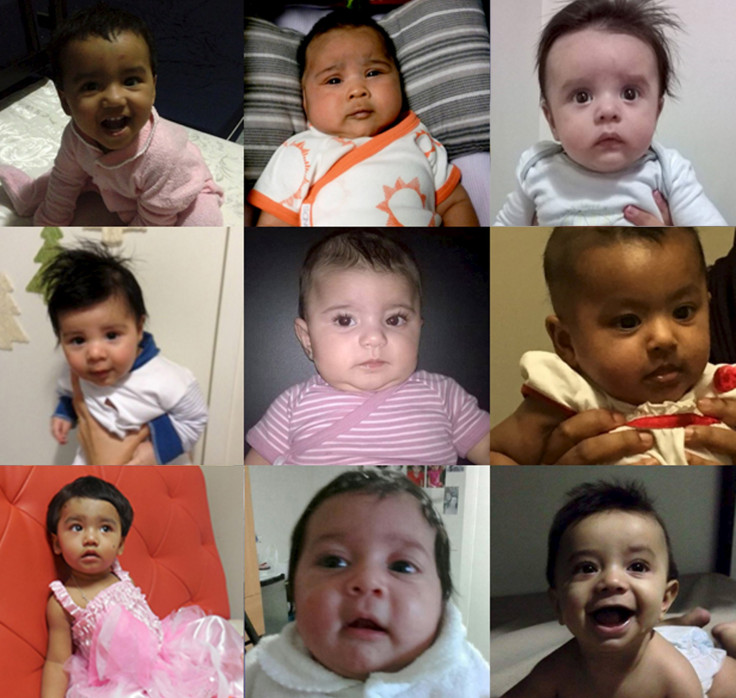High Court dismisses appeal to challenge offshore asylum-seeker processing and detention

The High Court has dismissed an appeal challenging the Australian government's offshore immigration processing and resettlement program, dashing the hopes of hundreds of asylum seekers facing deportation.
The appeal was made by a Bangladeshi woman who was granted refugee status by the Nauru government, under a visa that would confine her to the island’s immigration detention centre.
She had been brought to Australia in 2014 to seek medical treatment during the late stages of her pregnancy, after being intercepted aboard a boat by Australian authorities in 2013 and sent to Christmas Island and Nauru.
The woman is now facing imminent return to Nauru with her 10-month-old daughter, who was born in Brisbane.
Her lawyers argued she deserved full protection under the Australian constitution, and should not have to lose those protections by being detained by the Federal Government in a foreign country, outside the reach of the courts.
They also brought forth the notion that it was illegal for the Australian government to pay and operate detention centres in other countries.
“Australia should not be indefinitely warehousing people on remote islands, especially babies. The family is absolutely terrified of being forced back to an environment that we know is harmful and that we know is unsafe, particularly for women and children,” Human Rights Law Centre’s Director of Legal Advocacy, Daniel Webb said.
Although the High Court found the woman had legal standing to bring the case, it has ruled against her point of protection, and ordered her to pay the Australian Government’s legal costs.
Six of the judges ruled in favour of the government, but Michelle Gordon, the court’s newest appointee, believed that regional processing powers in the Migration Act were beyond the government’s constitutional power.
Justice Gordon, a government appointee, said the provision - section 198AHA of the Migration Act - conflicts with the constitution’s assertions that “the judicial power of the commonwealth be vested exclusively in the courts which it designates”.
“[The section is invalid] because it restricts liberty otherwise than by judicial order and beyond the limits of those few and confined exception cases where the execuive, without judicial process, can detain a person,” Justice Gordon said in her written opinion.
The other six judges argued the court's decision should be supported by the Commonwealth’s constitutional power to make laws regarding “aliens”.
“The detention in custody of an alien, for the purpose of their removal from Australia, did not infringe… the Constitution because the authority, limited to that purpose, was neither punitive in character nor part of the judicial power of the Commonwealth,” Chief Justice Robert French detailed with Justices Susal Kiefel and Geoffrey Nettle.
There are fears the decision will impact the lives of the 267 asylum seekers - 91 of whom are children, including 37 babies - currently living in Australia. Many of these refugees of have already settled into new communities, and include women who have been sexually assaulted on Nauru.
“The legality is one thing, the morality is another,” Webb said in a statement.
“Ripping kids out of primary schools and sending them to be indefinitely warehoused on a tiny remote island is wrong.”
We call on @TurnbullMalcolm to #LetThemStay. There's no morality or victory in sending 37 babies to danger on #Nauru pic.twitter.com/c8Xel5Enhh
— ASRC (@ASRC1) February 3, 2016
Despite the ruling, lobbyists are calling for Prime Minister Malcolm Turnbull to allow the families to stay in the country. It comes after the Greens urged the government to stop further deportations.
“The evidence is clear and it’s undeniable that Nauru is unsafe for women and children and sending them back would be torture,” senator Sarah Hanson-Young said.
“We must create a fair and efficient system that will bring people here safely and integrate them into the community, so their families can flourish.”
Immigration Minister Peter Dutton swore before the court’s judgement to take an approach that would not send the children “into harm’s way”.
“We’ll have a look at the individual cases. We’ve been very clear that we want to provide medical support to some families that are in need,” he told the Nine Network.
Asylum seekers will receive 72 hours notice from the Australian government before deportation.





















